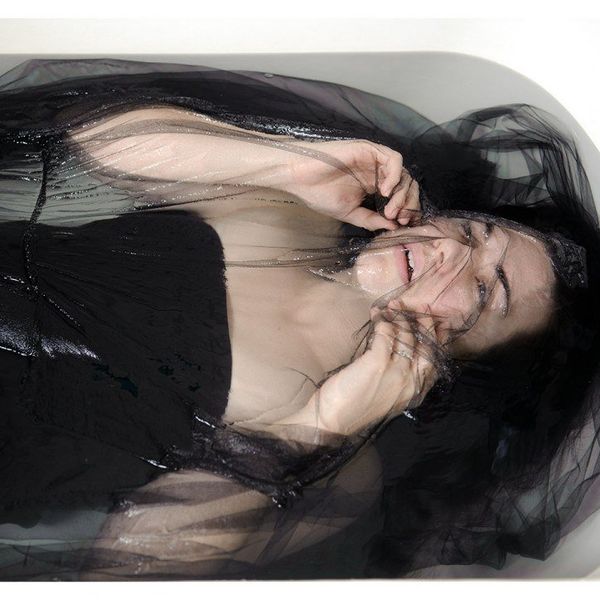Anxiety is the most common form of mental illness in the U.S. with 40 million adults suffering from it. If you are part of the 18 percent of people in the United States who suffer from anxiety, you know there are many misconceptions about what anxiety is, how it feels, and how to treat it. From my own firsthand experience, anxiety feels like something has infiltrated my body, gripping tightly on my throat, controlling my thoughts, and paralyzing my body. The harder you try to fight the anxiety, the more it embeds itself inside you and eats away at your sanity. Sometimes a certain thought or image can trigger it, other times it is prompted for no reason at all.
It is difficult to battle anxiety, and it gets even harder when society is throwing misconceived ideas at you. Revealing the truth about anxiety will help those who suffer from this illness, as well as promote a better understanding of the illness itself by the general population.
1. Eliminating the triggers will eliminate the stress.
This works, however, only in the short term. By avoiding situations that make you anxious, you're just delaying the inevitable. Sometimes by avoiding your triggers you create anticipatory anxiety which can actually make the situation worse.
2. Anxiety isn't real.
Anxiety isn't a unicorn. Anxiety is real. It's a mental illness.
3. "I get anxious sometimes, that means I have anxiety right?"
Being anxious is not a mental illness. Everyone gets anxious from time to time. Anxiety goes beyond simply being anxious. The fears generated by anxiety don't go away with time. They can even prevent you from functioning in your daily life.
4. There is only one way to experience anxiety.
There are different forms of anxiety, and the way people experience anxiety varies. The four types of anxiety disorders are: panic disorder, phobias, generalized anxiety disorder (GAD), and social anxiety disorder.
5. There are no physical symptoms.
Anxiety doesn't just take control of your mind, it takes control of your body as well. Those who suffer from anxiety may experience a few of the following: pounding or racing heart, shortness of breath, upset stomach, sweating, tremors, twitches, headaches, fatigue, and insomnia.
6. "It's just all in your head."
Yes, anxiety is literally "in your head" because it's a mental health disorder. However, when people make that comment they're usually implying that you're exaggerating, that you're acting crazy, and that your feelings are invalid. Making insensitive comments can often exacerbate someone's anxiety.
7. Anxiety only affects adults.
Actually, one in eight children suffer from anxiety.
8. Social anxiety equals introversion.
Preferring to be alone or being nervous around new people is vastly different than experiencing extreme and long-lasting panic at even the thought of social interactions.
9. "OMG I almost had a panic attack!"
You can't almost have a panic attack. You would know if you had a panic attack because they can often feel like a heart attack. By using this phrase so nonchalantly you make light something that deeply affects those with anxiety.
10. Anxious people need constant attention.
Constant attention isn't what those who have anxiety crave; it's stability, consistency, and reassurance that when panic sets in, you'll be there.
11. Medication is the only solution.
Medication is a solution and, when coupled with therapy, it can be quite effective. Nonetheless this depends on the the severity of the anxiety in question and the person. If you have mild forms of anxiety and don't want to resort to medication there are natural solutions that can help. Always, always, always consult a doctor if you have any of the symptoms of anxiety and need advice on how to move forward.
Remember: You are not alone. Your anxiety is real. Your feelings are completely valid.































